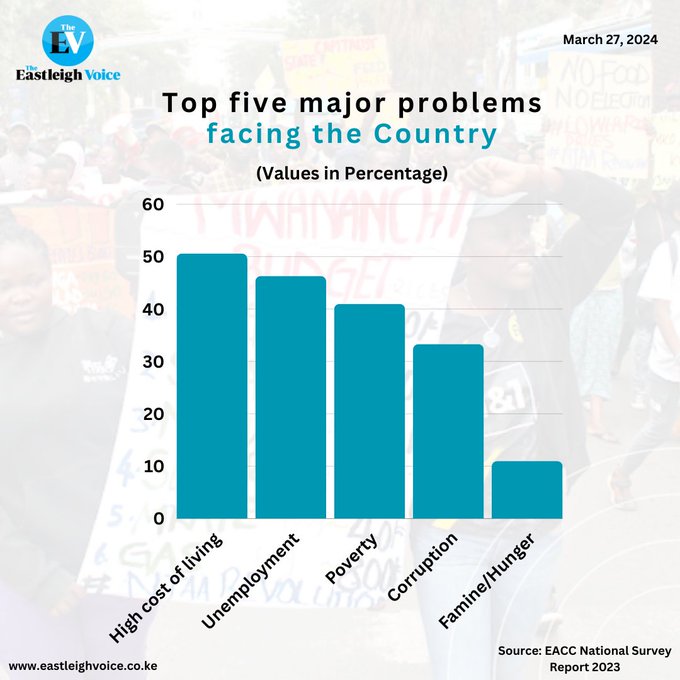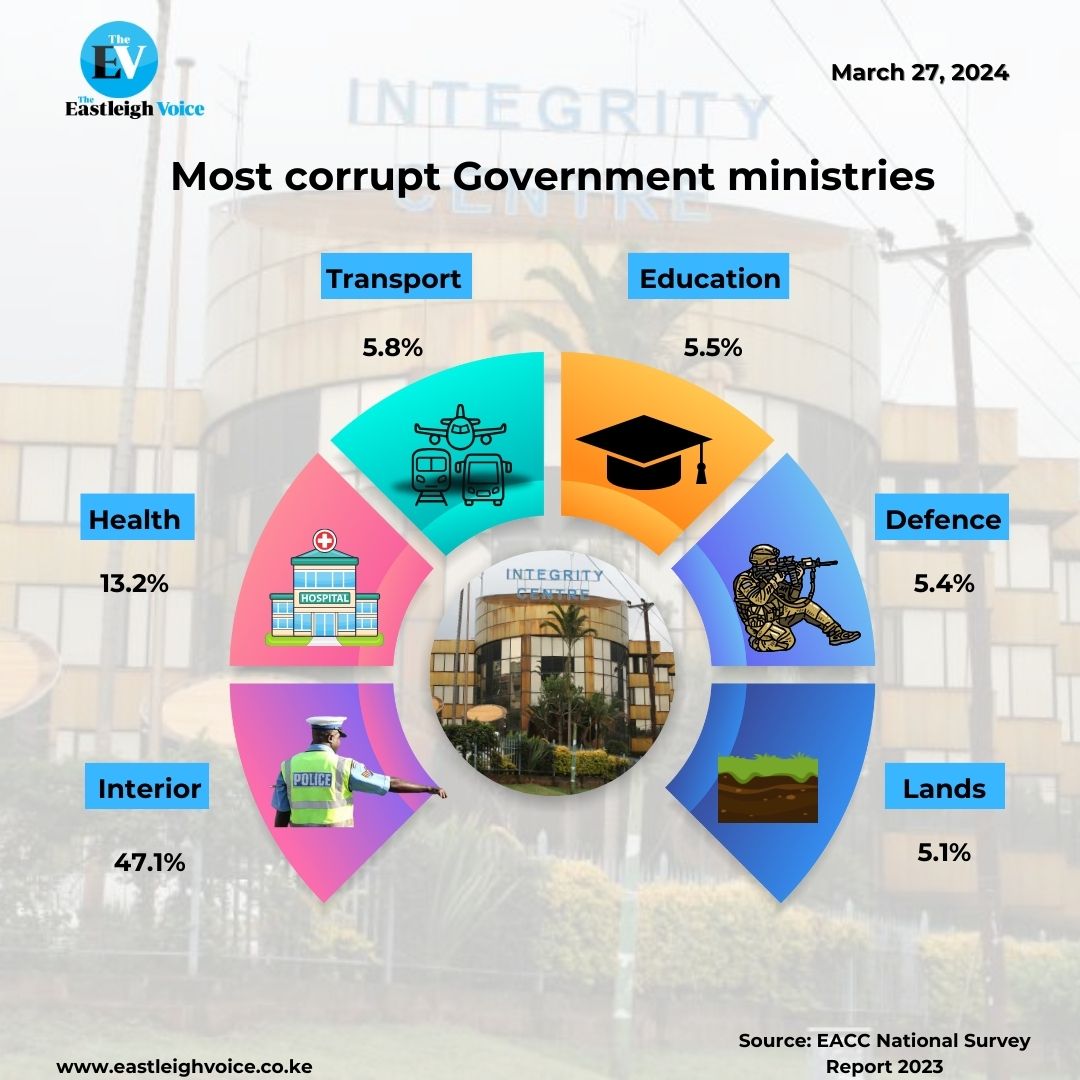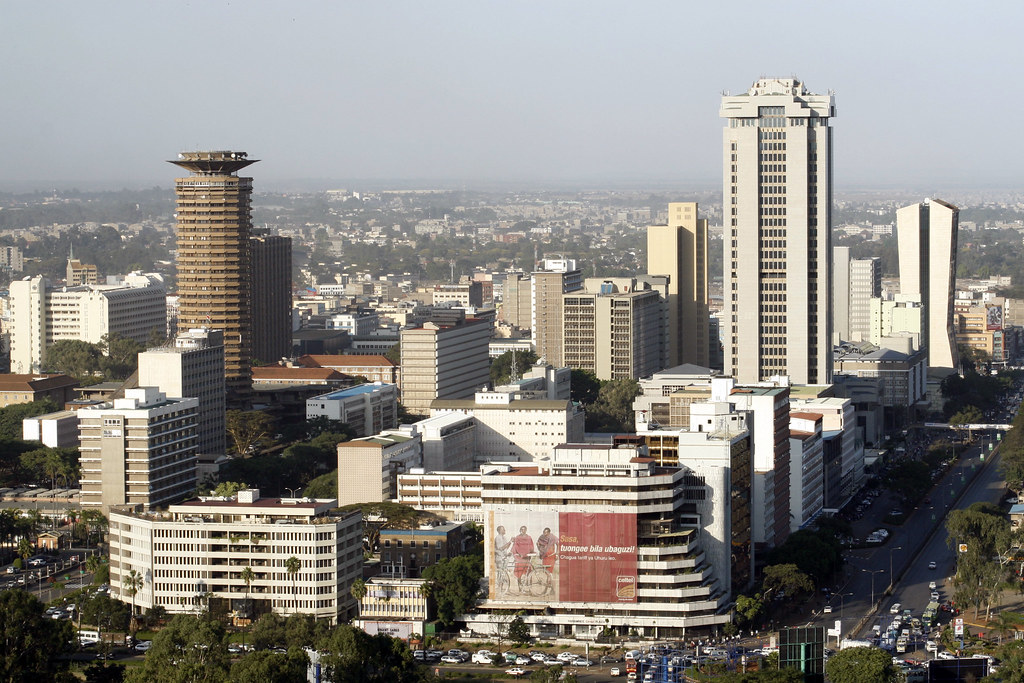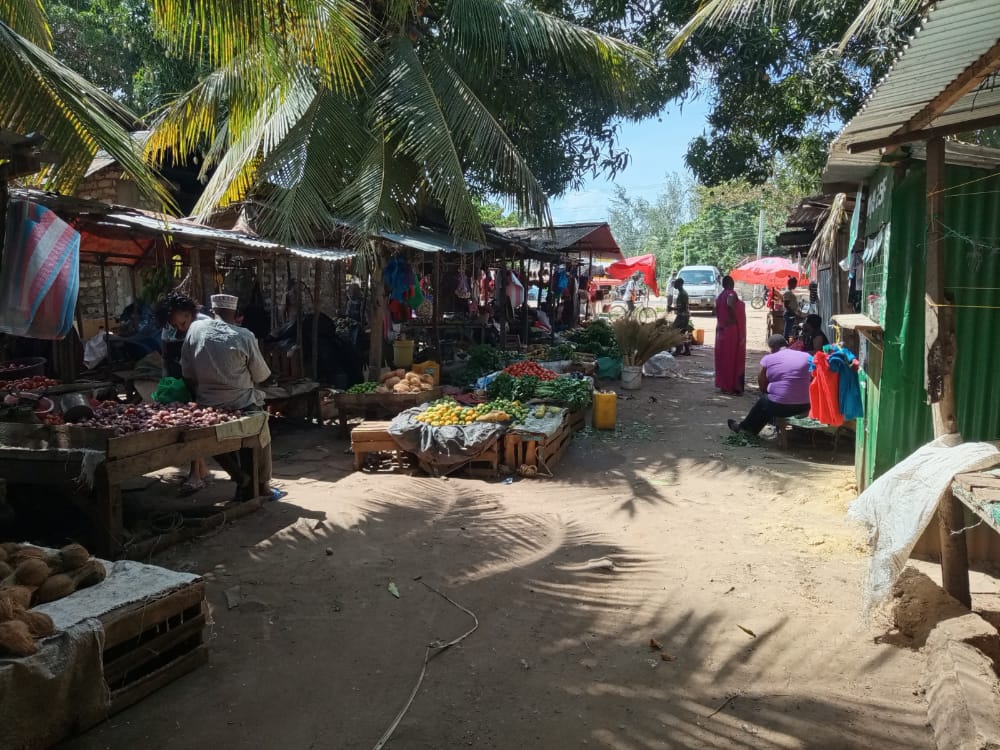Corruption to blame for high cost of living – EACC report

By Manny Anyango |
President William Ruto has reassured the public time and again that his government is committed to the war on graft but has been criticised over the withdrawal of bigfish cases.
Kenya's high cost of living is the result of increased corruption, the Ethics and Anticorruption Commission (EACC) said in a report released on Wednesday.
The National Survey Report, 2023, states that the majority, or 57.3 per cent, of the 5,100 respondents from 510 clusters across all 47 counties were of the view that the corruption level in the country was high.
Keep reading
- Kenya's middle-income milestone overlooked by setbacks in sustainable development
- Cabinet lauds Kenya's economic stability as inflation hits 17-year low
- Kenyan households’ wages remain stagnant as cost of living rises - Study
- Appetite for loans rises as Kenyans grapple with squeezed disposable income
"The main reason given by 24.7 per cent of the respondents is the high cost of living," the report said, adding that most said graft was becoming more prevalent and noted that the cost of living was high and that more graft cases were being reported but no action was being taken to curb the vice.
Notably, 37.9 per cent of the respondents in the EACC's survey were optimistic that the level of corruption would decrease in the next year compared to 29 per cent who thought it would increase.
President William Ruto has reassured the public time and again that his government is committed to the war on graft for the sake of guarding public resources, thereby improving service delivery.
Ruto has, however, faced criticism following the director of public prosecution's withdrawal of cases against many of his allies after he came into office in September 2022.

Further, the EACC noted that an individual is most likely to encounter corruption and unethical practices in the Ministry of Interior and Co-ordination of National Government (47.1 per cent), the Ministry of Health (13.2 per cent), and the Ministry of Transport, Infrastructure, Housing, Urban Development and Public Works (5.8 per cent).
Additionally, the anti-graft body reported that the departments and agencies perceived to be most prone to corruption were the police (60.6 per cent), the immigration department (4.4 per cent) and the Registrar of Persons (4 per cent).
In terms of county government departments, those perceived as the most corruption-prone were health services (39.1 per cent), county transport (11.9 per cent), and trade development and regulation (10 per cent.
“There is a likelihood that each time one seeks police security services, [the person will] likely be asked for a bribe 1.41 times,” the report stated, adding that to bail an arrested person, one is likely to be asked to pay a bribe 1.28 times.
To report a crime or write a statement, a service seeker is likely to be asked for a bribe 1.1 times, the report stated.
“There is a likelihood that each time a service is sought in the traffic police department, one is likely to be asked for a bribe 1.45 times," it said, adding that the rates for the county health department and the police were 1.05 and 1.02 times, respectively.
Other areas where corruption was highly experienced were the Teachers Service Commission (TSC), offices for relief food or water, offices for registering or transferring vehicles and collecting construction certificates.
The EACC said that people who paid bribes were more likely to receive these services than those who did not.

To tame graft, the report recommended:
Intensifying public awareness campaigns to educate citizens on the detrimental effects of corruption and the role they can play in reporting unethical practices;
Strengthening and adequately resourcing anti-corruption institutions to enhance their capacity to perform their mandates;
Promoting collaboration between EACC, strategic agencies and other stakeholders to ensure a coordinated and effective approach to tackling corruption;
Enhancing public participation and feedback mechanisms in the fight against corruption;
Expediting the enactment of the Whistleblower Protection Bill and establishing whistleblower protection mechanisms;
Undertaking systems examination in institutions where bribery was either most likely or prevalent;
Instituting preventive measures in Ministries, Departments Agencies and Counties (MDACs) most prone to corruption; and
Enforcing existing anti-corruption regulations and promoting a culture of integrity and ethics in their agencies.
Reader comments
Follow Us and Stay Connected!
We'd love for you to join our community and stay updated with our latest stories and updates. Follow us on our social media channels and be part of the conversation!
Let's stay connected and keep the dialogue going!
















